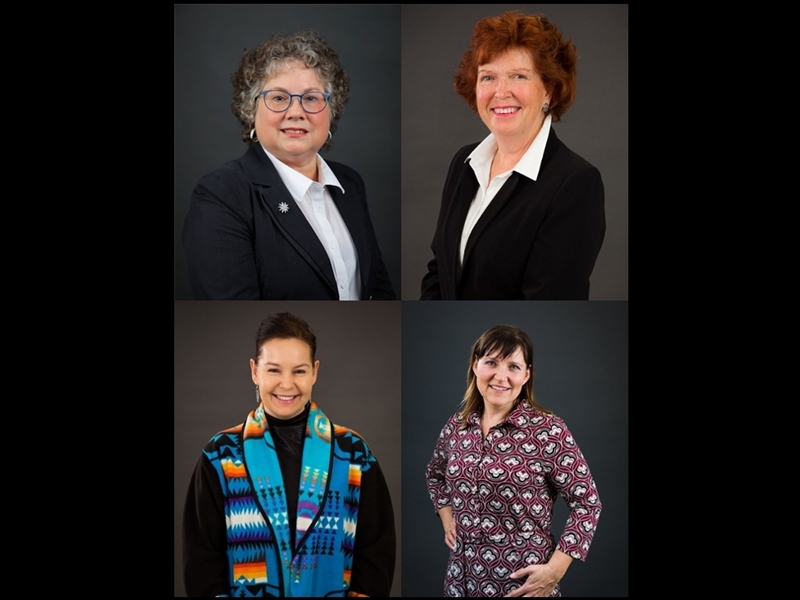
Research explores Indigenous palliative care
Dr. Louise Racine and Dr. Susan Fowler-Kerry’s project explores the needs of and the challenges to providing culturally competent palliative care to Indigenous populations living in rural and remote areas of Saskatchewan
According to the 2016 Census, Indigenous peoples represent 4.3% of the total Canadian population and in Saskatchewan, 15.6 percent. By 2035, Indigenous peoples will account for 25% of Saskatchewan’s population. Canada’s Indigenous population is young and fast-growing. Today Indigenous peoples are affected by life-limiting, chronic health problems (e.g., Type 2 diabetes, cardiovascular, and chronic renal diseases) at a rate much higher than the general population. Lack of access to palliative care is especially problematic for Indigenous populations living in rural and remote areas of Saskatchewan. Preliminary unpublished data collected in Saskatchewan, show estimates for the numbers of Indigenous peoples accessing palliative services ranging anywhere from 1 to 15%.
In partnership with Thunderchild First Nation and Elder Celia Clennel, Drs. Racine and Fowler-Kerry project, Indigenous Palliative Care in Saskatchewan: Exploring Access, Needs, and Challenges, explores access, needs, and challenges surrounding the delivery of palliative care to Indigenous populations living in rural and remote areas of Saskatchewan. She and her team [see below for names] received a Saskatchewan Health Research Foundation (SHRF) Collaborative Innovative Development (CID) grant to work with the Thunderchild First Nation. Results will serve as a platform to design and implement culturally respectful palliative care in their community.
Dr. Racine anticipates that the project with Thunderchild First Nation will take two years to complete. From that data and the learnings from the case study, the aim of the project is to improve conditions for other Indigenous communities, too, recognizing that Indigenous communities in Canada are culturally diverse unique culture, yet they may face similar challenges related to accessibility of culturally competent palliative care.
“We are hoping the results from this research will be useful to the Thunderchild Community and other Indigenous communities in designing and implementing culturally competent palliative services with the goal of increasing access and utilization of palliative care to satisfy their needs,” Dr. Racine says. Ultimately, the research is geared towards having community-based caregivers provide care within their community. “We also believe the research has the potential to improve quality of life and care that is culturally respectful and inclusive of Indigenous values on death and dying.”
"Indigenous individuals and families should have easy access to palliative services." Dr. Racine says. “Our aim to give tools to the community so it is empowered to take ownership of their own care."
The research aligns with the University of Saskatchewan's Indigenous policy and one of its research priorities – improving Indigenous health outcomes in Saskatchewan. Dr. Racine's grant received first-place ranking for the sociocultural health pillar of the grant competition.
"This grant is very important," Dr. Racine points out. "Indigenous palliative care is an area that needs more intensive research and health investment." Recognizing the critical cultural implications, she gathered an interdisciplinary team from Nursing, Education, and Engineering, including Indigenous and non-Indigenous researchers and an Elder from the Thunderchild Community.
"Palliative care is a complex area of study and it is our belief that an interdisciplinary team composed of researchers, community leaders, and advocates is ideal to explore and bring solutions to the problem." Dr. Racine says. Thunderchild First Nation (Community) supports the initiative as does the Saskatchewan Hospice Palliative Care Association.
|
|

